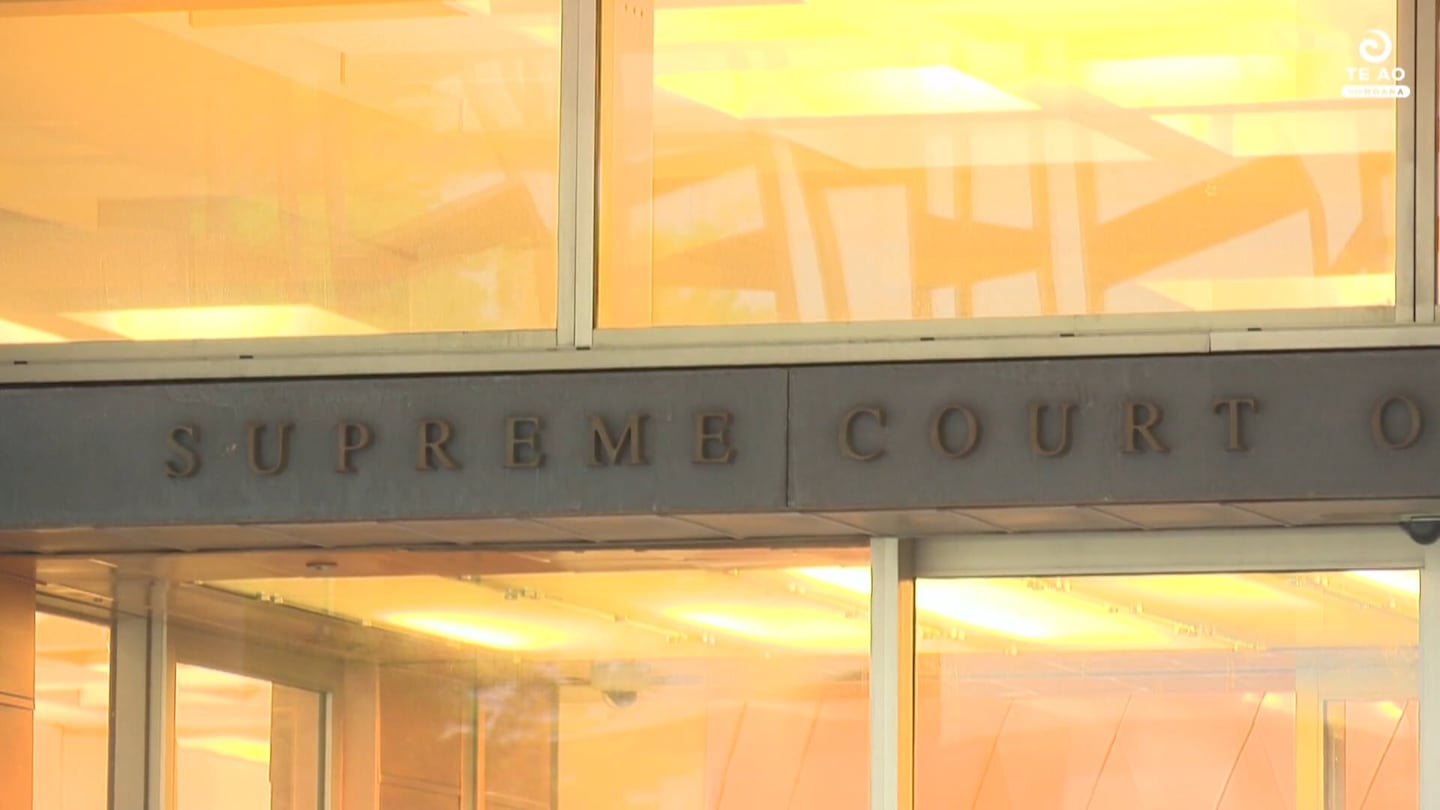The Supreme Court has unanimously ruled the Crown must pay more than $100,000 in a customary marine rights case, which could open the door to more funding applications.
Te Kāhui Takutai Moana o Ngā Whānau me Ngā Hapū o Te Whakatōhea, a collection of four hapū, will receive $105,000 from the Crown to fund the case, which is appealing changes in recognition to customary marine titles (CMT) and protected customary rights (PCR).
Since 2022, the Crown had funded cases under the Takutai Moana Act 2011 but changed its funding arrangements earlier this year.
Where the Takutai Moana Financial Assistance Scheme had previously been uncapped for applicants to claim court costs from, this year Te Arawhiti | The Office for Māori-Crown Relations advised all CMT and PCR applicants they would need to work within a $30,000 budget, from a plan approved by the office.
Te Kāhui filed for a prospective costs order (PCO), claiming that the Crown’s decision to reduce funding created an injustice, and sought advanced costs to continue the litigation effectively.
Though the Crown argued that this was not a suitable case for a PCO, the Supreme Court unanimously granted a PCO of $97,500, along with an additional $7,500 for the application itself.
In its judgment, the court noted the exceptional nature of the case and the high level of public interest in how the Marine and Coastal Area Act was interpreted.
The court’s ruling also acknowledged the importance of fair representation, despite the Crown’s sudden change in funding.
The court decided against these five considerations:
- The case must raise issues of significant public importance.
- The applicants’ stance must be arguable.
- The applicants must be unable to secure sufficient funding on their own.
- An order must be necessary to avert injustice.
- Reasonable alternatives to the order and appropriate limits must be considered.
Concerning other applicants in similar positions, the Court said Crown counsel was a first call to resolve funding concerns, trusting that the Crown would act responsibly and fairly.
If the circumstances met the criteria outlined in this judgment, consent orders (agreements without court intervention) should be sought.
Essentially, while the Crown was not automatically required to pay for other applicants, they might have a strong case if they applied for a PCO and met the necessary conditions.



